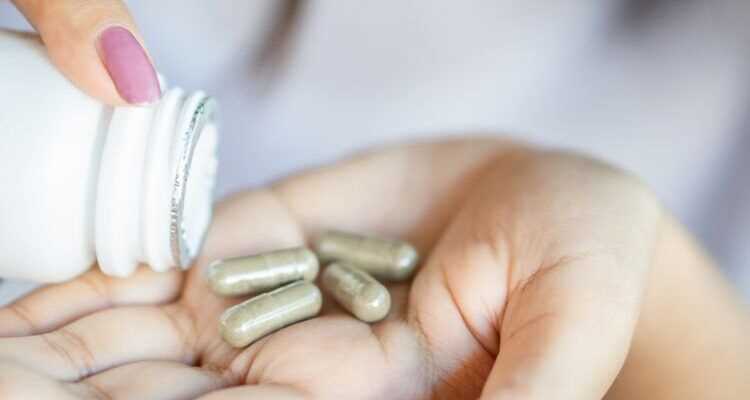Vitamin D is made naturally by the body under the influence of UVB radiation from the sun. It plays a role in muscle functioning, bone health and it acts against certain autoimmune and infectious pathologies. According to several recent studies, severe forms of coronavirus are often associated with vitamin D deficiency.
Researchers at the University of Cantabria (Spain) observed vitamin D levels in 216 patients affected by Covid-19 and a control group of 197 people. According to the results, published in The Journal of Clinical Endocrinology & Metabolism, Almost 82.2% of patients infected with the virus presented a vitamin D deficiency during their hospitalization.
Vitamin D: significant risks of overdose in children
In France, health authorities have noted an increase in prescriptions for vitamin D supplementation in the form of ampoules, drops or food supplements. On Europe 1, Jimmy Mohamed, a general practitioner, however, warned about the risks of overdose. "When taken too much, vitamin D can lead to increased calcium in the blood and urine, nausea, vomiting and even kidney failure. ", explained the health professional.
On January 27, the National Medicines and Health Products Agency (ANSES) also published an opinion on vitamin D-based food supplements. Several cases of severe hypercalcemia, an excessive level of calcium in the blood, in infants have been reported to health authorities. These babies were taken into care because they consumed vitamin D in the form of food supplements for several weeks. ANSES has therefore advised against the use of these products in order to avoid the risk of overdose in the youngest.
In which foods can we find vitamin D?
In winter, vitamin D deficiencies are common because we are less exposed to natural light. With confinements and wearing a mask, the body produces even less vitamin D. Dr. Jimmy Mohamed has therefore delivered several recommendations in order to properly follow a vitamin D cure and prevent the risk of overdose. First precaution: seek the advice of a doctor or pharmacist before taking any supplementation.
"In children, it is recommended to avoid food supplements which exist in the form of gums or chewing lozenges and which will contain a very large amount of vitamin D, hence the risk of overdose, particularly for children under two years. We can continue to give them vitamin D in the form of drops, as from birth, at the rate of four drops per day ", recommended the general practitioner at the microphone of Europe 1. From the age of two and up to the age of 18, Dr Jimmy Mohamed advised taking a 100,000-unit ampoule at the beginning and end of each winter.
Many foods contain good amounts of vitamin D. It is particularly present in cod liver oil, herring, mackerel, sardines, salmon and trout. Canned tuna, dark chocolate, milk and eggs also provide good vitamin D intakes.
Read also :
⋙ Covid-19: 73 experts want to give vitamin D to all French people
⋙ Vitamin D: how to avoid deficiencies during confinement
⋙ Vitamin C: in which cases do we really need to undergo a cure?
